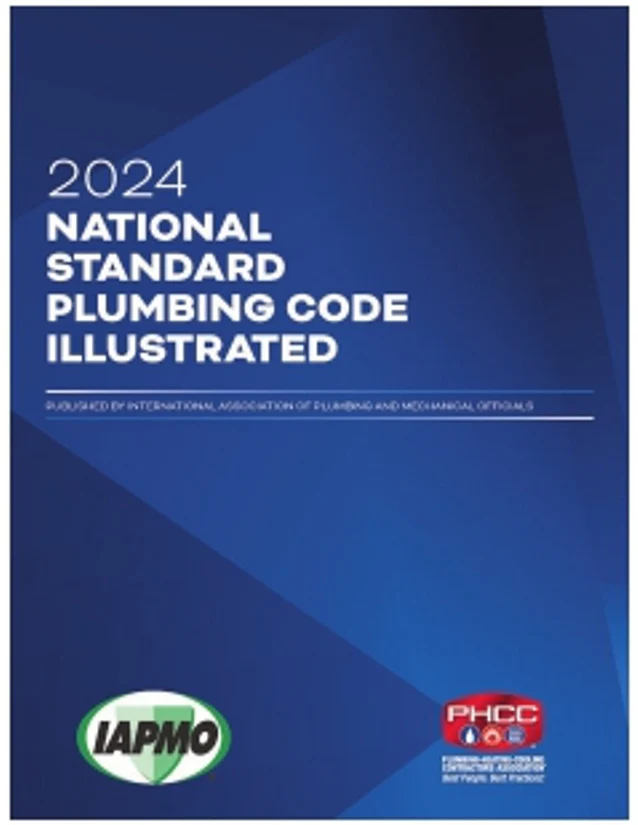American Standard Results Flat, Cutting Staff
American Standard Cos. Inc., maker of air conditioners and bathroom fixtures, reported flat third quarter earnings and said it was cutting about 1,000 jobs amid persistently weak economic conditions.
The Piscataway, N.J.-based company said its quarterly revenues fell by 4 percent to $1.89 billion and said the job cuts, representing 1.7 percent of its work force of 60,000, were designed to cut its costs by $40 million in 2002.
The company said it will take an estimated pre-tax charge against fourth quarter earnings of about $25 million, or 21 cents a share, on the job cuts.
"The weakened economy, worsened by the impact of the tragic Sept. 11 events, produced a revenue shortfall, which primarily reflected delays in purchases and installations of commercial air conditioning equipment," said Fred Poses, chairman and chief executive officer.
American Standard reported earnings of $90 million, or $1.23 per share, compared with $89 million, or $1.23 per share, a year ago. Analysts' estimates ranged from $1.22 to $1.23 per share, with a mean of $1.23, according to research firm Thomson Financial/First Call. Total sales for the quarter fell 4 percent to $1.89 billion from $1.96 billion a year before.
The results were in line with American Standard's lowered third quarter forecast issued in late September, when it cited the weakening economy and the Sept. 11 attacks on the United States.
After its earnings announcement, American Standard stock was down 38 cents at $60.40 the morning of trading on the New York Stock Exchange.
Later, in a conference call with analysts, Poses said the job losses would be in support and administrative positions and not from sales, marketing or new product development. "It is never painless and these are hard-working people," he said.
More than half the cuts would be in the company's air-conditioning business, he said.
Poses said that looking ahead, there were three things to consider -- "There are clear signs of a recession, (there is) real global unrest and for the first time, domestic terrorism in the United States." But he stressed that only about 30 percent of American Standard's business was geared to new construction. "So while these are uncertain times for global business, the fact a high proportion of our business is not tied to new construction, certainly helps."
Another good sign was that in such economic uncertainty, "it is more likely the consumer will spend or invest in their homes rather than on travel and luxury goods. "That bodes well for our business," said Poses.
Looking for a reprint of this article?
From high-res PDFs to custom plaques, order your copy today!






